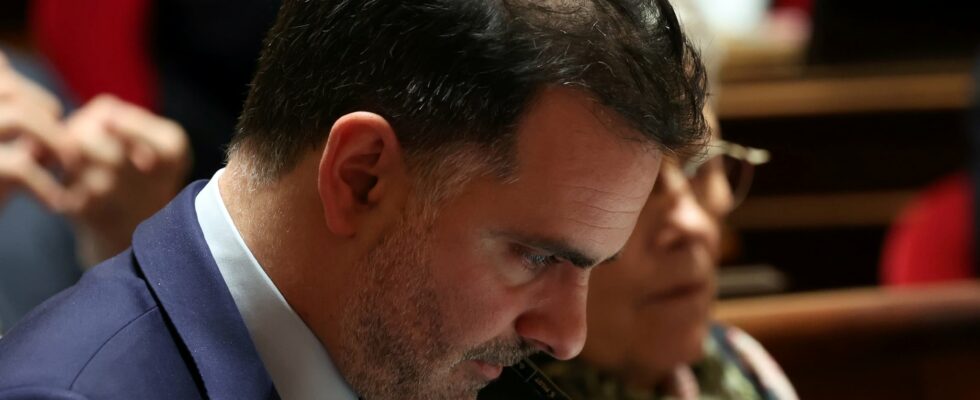On the evening of Tuesday, November 26, the Senate opposed a key provision of the government’s 2025 budget authorizing the latter to increase electricity taxation to tax it at a level higher than the pre-energy crisis period. A very large vote by show of hands, with voices from both the right and the left, allowed the upper house to reject this measure in the finance bill, for which the government hoped to obtain more than three billion euros. The senators notably compensated for this measure by an increase in the gas tax, for a gain estimated at 1.2 billion euros.
This is a first major setback for Michel Barnier’s government on this budget in the Senate chamber, a chamber which supports it, while threats of censorship targeting the Prime Minister are becoming more and more pressing. “The government has chosen the easy way to find new revenue: tax electricity again. This measure is socially unjust,” said socialist Thierry Cozic in particular.
The general rapporteur of Les Républicains Jean-François Husson defended the same deletion, while matching it in return for an increase in the tax on gas, in particular to favor low-carbon energy such as electricity. According to him, the bill for households heated with gas would increase “by around 60 euros per year” for a house of 100 square meters, while “for the same house heated with electricity”, the shortfall would reach “200 to 300 euros” with the government proposal.
A red line for the RN
The government, in search of savings in its budget, gave an unfavorable opinion to this rebalancing. “We prefer an increase in the TICFE (electricity tax) with a continued reduction in the electricity bill, to an increase in the gas tax which would de facto increase the bill for our fellow citizens,” launched Budget Minister Laurent Saint-Martin, recalling that the government is “committed” to lowering electricity bills by 9% as of February 1 for 80% of French people.
This promised reduction is in fact made possible by the fall in wholesale prices on the electricity market, which will allow the government to increase the tax on electricity without bills ultimately increasing. The executive had thus introduced into its draft budget a mechanism allowing it to raise this tax to a level potentially higher than that before the crisis.
In the Assembly, a coalition of oppositions with the right also voted against the measure, even rejecting the entire article relating to electricity taxation. The National Rally has notably made this measure one of its red lines with a view to censoring the Barnier government.
